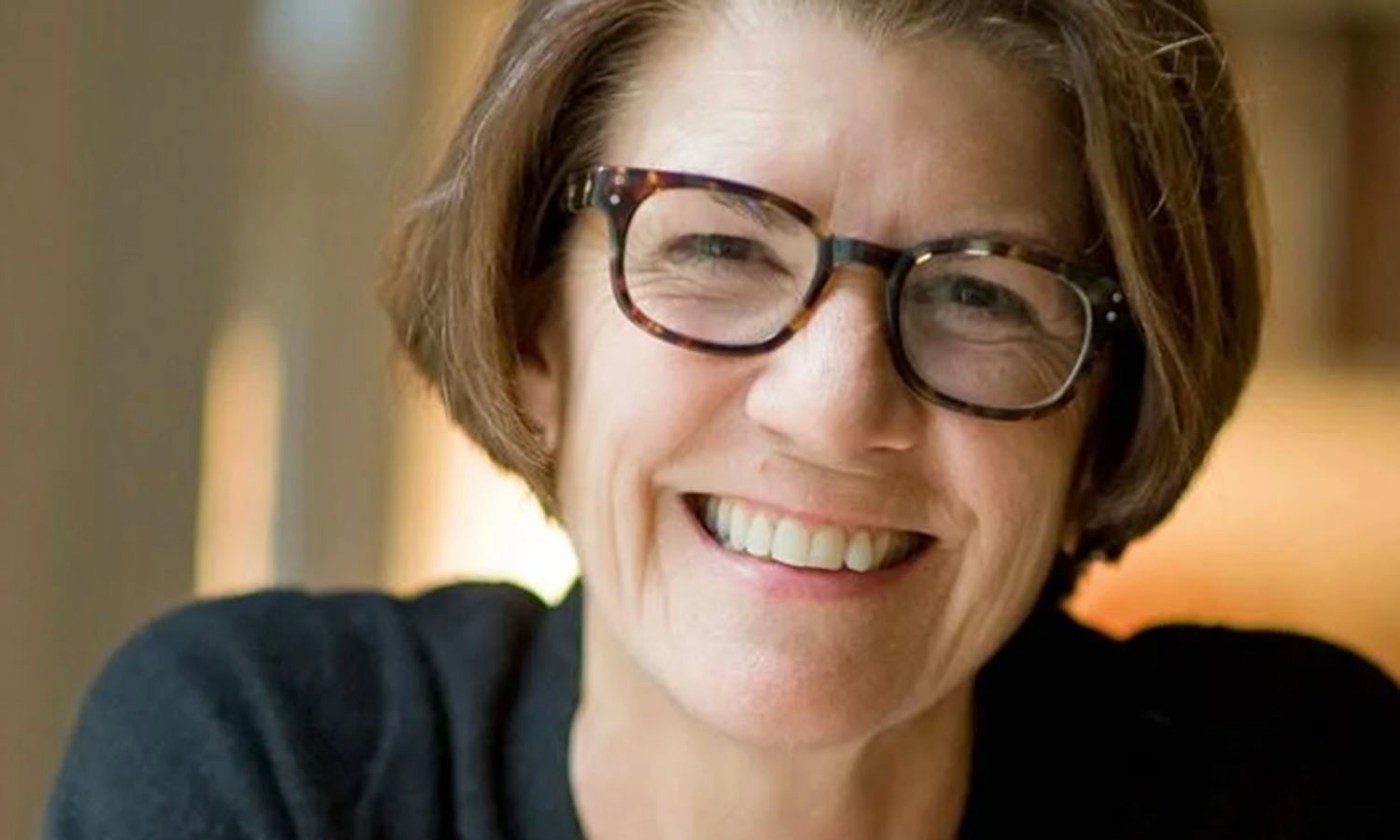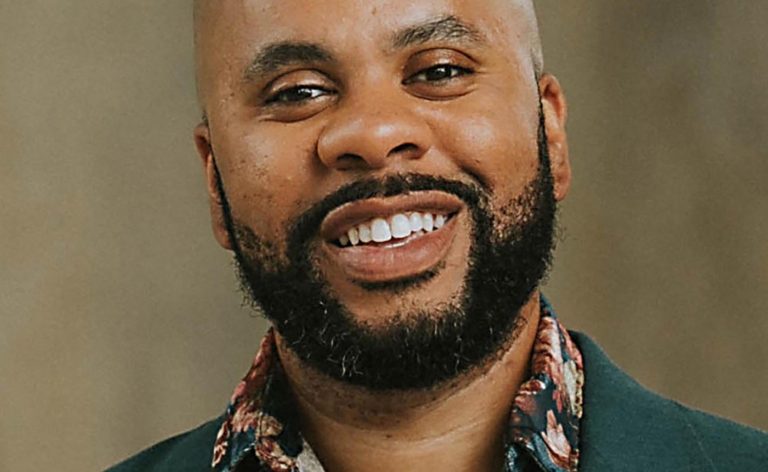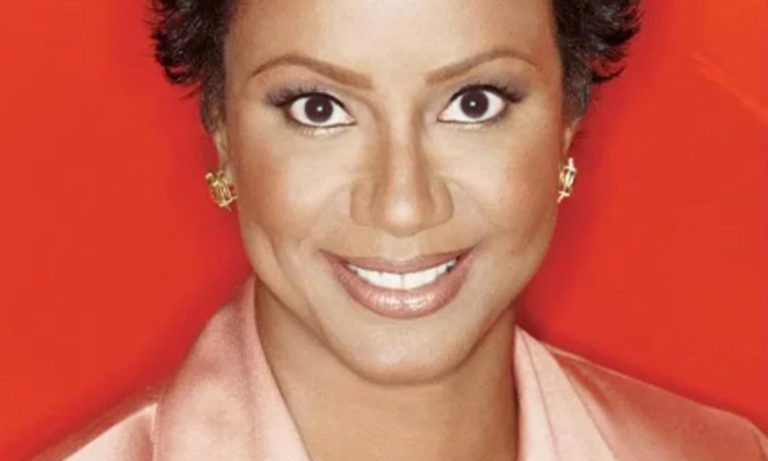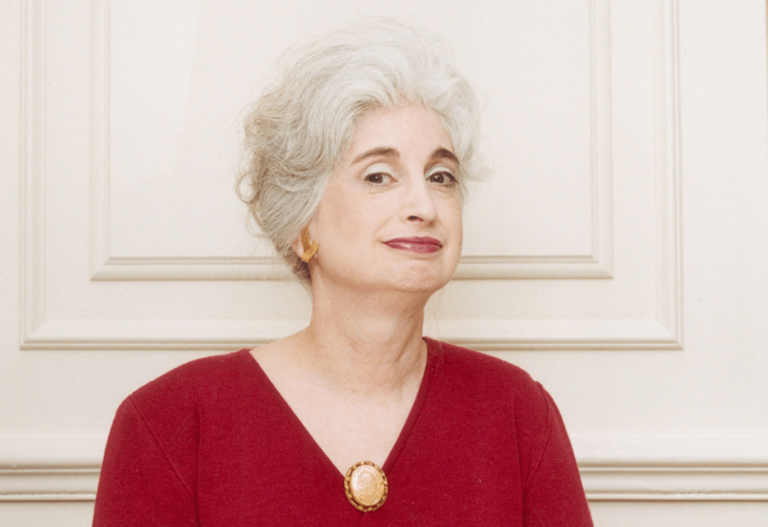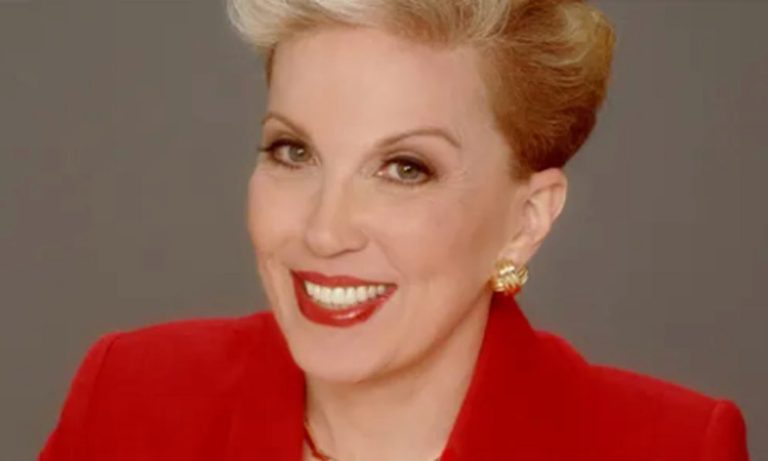Dear Amy: “Puzzled Parents” insisted that their daughter had to get A’s and B’s in college.
Related Articles
Ask Amy: I’m getting threatening texts from my fiance’s parents
Ask Amy: The baby wants to sleep, the parents won’t let her. What should I do?
Ask Amy: I can’t get over what I saw my husband doing
Ask Amy: What should I say to this question about my upcoming wedding?
Ask Amy: Am I overreacting when my friend talks about desiring his co-workers?
I think you were off-base in calling this rule “dumb.”
College is ridiculously expensive. We told our daughters: “If I am getting out of bed every morning to earn money to pay your tuition, you are getting out of bed to go to class and get at least a B. Or you will foot that bill.”
All four of our daughters were held to this standard. Not all of them believed us until they were due to pay their loans.
The thing is, college isn’t for everyone. And, in particular, college isn’t for everyone aged 18.
After a year, if the child/adult isn’t sure she can get good grades, she should be examining other life choices and education.
These parents are not dumb or wrong, but trying to raise a responsible person.
– Not Puzzled
Dear Not Puzzled: You make great points – thank you.
Dear Amy: I have a 49-year-old daughter who is an elementary school teacher. She became an alcoholic during COVID.
She has a master’s degree, a beautiful home and a partner of nine years. She will lose it all, due to her drinking.
She won’t go to AA. I have suggested inpatient rehab – to no avail.
It is breaking my heart.
Her father died from cirrhosis of the liver due to alcoholism at 57, and I’m scared I will lose her, too.
She has a twin sister and a brother.
Do you have any suggestions besides Al-Anon?
– Scared Mom
Dear Scared: Your daughter is aware of the worst-case outcome if her addiction spirals, untreated, and if she is unable to attain and maintain sobriety.
She knows this because she has felt the consequences and the loss from end-stage alcoholism. Your whole family has had real-life exposure to the danger of this addiction.
But she is an addict.
Aside from therapy and Al-Anon (or another “friends and family” support program), my suggestion is to love your daughter through this.
Maintain frequent contact, spend time together, and maintain your relationship as well as you can, aside from her addiction. Offer her a judgment-neutral safe harbor so she won’t become isolated, and encourage her to seek treatment without letting her alcoholism become her primary identity in your relationship.
Those are some things you can do for her.
For your own sake, you should maintain some boundaries. Don’t serve alcohol to her in your home. Don’t make excuses for her. Don’t let her alcoholism run your life. Offer to support her recovery, but don’t enable her addiction. Read, or reread, “Codependent No More: How to Stop Controlling Others and Start Caring for Yourself,” by Melody Beattie (2022, Hazelden).
Dear Amy: My husband is a wonderful man. We’ve been married more than 40 years. He has children who are now in their 50s from a previous marriage, and we all get along great.
His two daughters are quite overweight. He wants to say something to them and perhaps incentivize them to lose weight by offering to pay for any remedies to get their weight-loss process going.
I too have had a weight problem and have slowly lost 50 pounds over the past 10 years. I’ve been hoping to lead by example.
I think he’s making a mistake to talk to his girls about their weight. But he says he’s their father and he needs to approach them for their health’s sake. What do you think?
– Wondering
Dear Wondering: My standard reaction to this sort of question is always the same: Does your husband imagine that his adult daughters don’t know that they are overweight?
We are surrounded by images of thinness and the shame of fatness. Weight loss remedies and now drugs like Ozempic are in the news every day. And yet an estimated 72 percent of Americans over the age of 20 are overweight or obese.
As you know from your own experience, obesity is a life-long social, personal, and health challenge.
Overall, obesity has been so stigmatized that, along with the stigma, it has been considered a taboo topic to discuss – because discussing it often highlights the pain and shame that some people with obesity internalize.
Related Articles
Harriette Cole: How can I come to grips with my mom’s troubling past?
Miss Manners: I don’t want people to applaud at my funeral
Dear Abby: I had 3 good reasons for snubbing her at Christmas
Ask Amy: I’m getting threatening texts from my fiance’s parents
Harriette Cole: I worry my stage fright will torpedo my chances of a good job
This is a tough topic to bring up, but if your husband can do so in a loving, supportive and non-judgmental way, he could try.
Because you fought your own battle with obesity, perhaps your husband could rehearse a conversation with you.
Maybe it’s time to discuss obesity as a disease, instead of a character flaw.
You can email Amy Dickinson at askamy@amydickinson.com or send a letter to Ask Amy, P.O. Box 194, Freeville, NY 13068. You can also follow her on Twitter @askingamy or Facebook.
